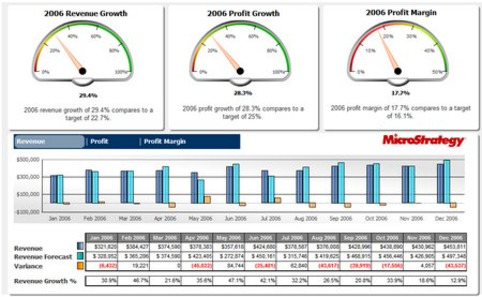This fact sheet describes the results of research into the factors influencing physician professional satisfaction and their implications for health care.
The American Medical Association (AMA) asked RAND Health to identify the factors that influence physicians' professional satisfaction and describe their implications for the U.S. health care system. To do this, the researchers interviewed and surveyed physicians, allied health professionals, and other staff in 30 practices across six states, including a variety of practice sizes, specialties, and ownership models.
Among the factors identified, two stood out as the most novel and important:
- Physicians' perceptions about quality of care.Being able to deliver high-quality patient care was an overarching source of better physician professional satisfaction. Obstacles to providing high-quality care, such as lack of leadership support for quality improvement efforts, were major sources of dissatisfaction. These findings suggest that, in many cases, sources of physician professional dissatisfaction could represent important targets for quality improvement.
- Electronic health records (EHRs) Physicians noted that EHRs had the potential to improve some aspects of patient care and professional satisfaction. Yet for many physicians, the current state of EHR technology significantly worsened professional satisfaction in multiple ways, due to poor usability, time-consuming data entry, interference with face-to-face patient care, inefficient and less fulfilling work content, insufficient health information exchange, and degradation of clinical documentation. Some practices took steps — such as allowing multiple modes of data entry — to address a subset of these problems, but solving others (such as information exchange) may require industrywide cooperation.



 Your new post is loading...
Your new post is loading...









Physicians do want to go on and innovate to better care. In my opinion the dominant issues are:
In my experience that's conditional; it has suprised me how a lot of them are prepared to go all the way to innovate and improve quality of care to patients!